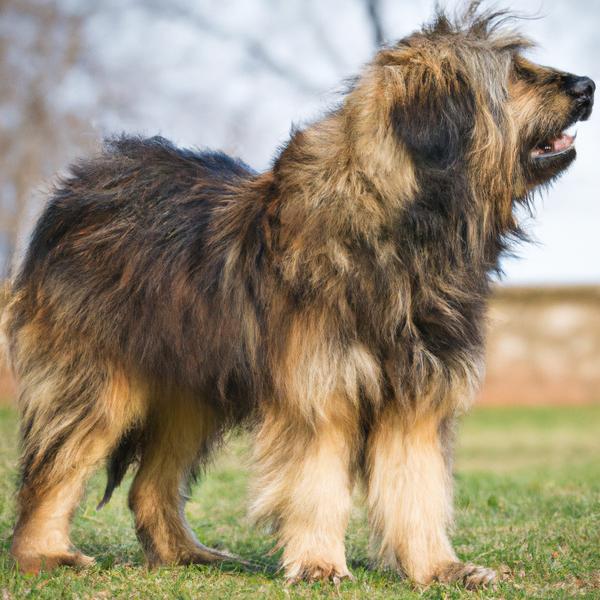Tibetan Wolfhound vs. Australian Eskimo: Breed Differences and Similarities
Hypoallergenic
Are Tibetan Wolfhounds or Australian Eskimos hypoallergenic, or neither?
Unfortunately, neither Tibetan Wolfhound nor Australian Eskimo are hypoallergenic, which may not make them the best choice for dog lovers who suffer from pet allergies.
Temperament
What are the personalities of Tibetan Wolfhound and Australian Eskimo dogs?
Stubborn
Aloof
Dignified
Protective
Courageous
Intelligent
Patient
Loyal
Tempered
Sweet
Strong
Willed
Generous
Thoughtful
Active
Loving
Independent
Energetic
Protective
Alert
Intelligent
Friendly
Affectionate
Good-natured
Shedding Level
Do Tibetan Wolfhounds shed more than Australian Eskimos, or which breed sheds more, Tibetan Wolfhounds or Australian Eskimos?
Tibetan Wolfhounds are moderate shedders, but regular brushing can reduce shedding and maintain coat health.
Australian Eskimos are heavy shedders, but regular brushing can help manage shedding and promote a healthy coat.
Watchdog Ability
Which dog breed makes a better watchdog, the Tibetan Wolfhound or Australian Eskimo?
Choose a Tibetan Wolfhound if you want a top-notch watchdog. This breed takes guarding seriously, and may not require much training, though obedience or guard dog training can improve their skills.
Australian Eskimos aren't great guard dogs; they tend to just watch without taking action.
Ancestry
What are the origins of Tibetan Wolfhound and Australian Eskimo breeds?
Irish Wolfhound and Tibetan Mastiff
American Eskimo and Australian Shepherd
Date of Birth
When were Tibetan Wolfhound and Australian Eskimo breeds first developed?
Unknown
1990s
Litter Size
What is the usual litter size for Tibetan Wolfhound and Australian Eskimo?
A Tibetan Wolfhound can have a litter of 5-12 puppies on average. However, it's worth noting that the size of the litters can vary greatly. Factors that can influence litter size include the health of the mother, breeding history, and genetics.
An Australian Eskimo can have a litter of 4-6 puppies on average. However, it's worth noting that the size of the litters can vary greatly. Factors that can influence litter size include the health of the mother, breeding history, and genetics.
Adaptability
The adaptability of Tibetan Wolfhound and Australian Eskimo dogs is a well-known trait. They are known for being able to adjust well to different living environments and lifestyle changes.
Health Issues
Between Tibetan Wolfhound and Australian Eskimo, which breed is more prone to health problems?
Tibetan Wolfhounds typically have low vet costs due to their good health, but it's important to monitor their health and seek vet care when necessary.
While the Australian Eskimo breed is generally healthy, occasional vet check-ups are still necessary to address any health concerns.
Major Concerns
What are the major health concerns for Tibetan Wolfhound and Australian Eskimo breeds?
Elbow Dysplasia
Hip Dysplasia
Osteochondritis Dissecans
Progressive Retinal Atrophy (PRA)
Liver Shunts
Gastric Dilation Volvulus (GDV) or Bloat
Patellar Luxation
Progressive Retinal Atrophy
Hip Dysplasia
Epilepsy
Addison's Disease
Minor Concerns
What minor health issues should be kept in mind when owning Tibetan Wolfhound and Australian Eskimo?
Ear Infections
Skin Problems
Anesthesia Sensitivity/Allergy
Dental Disease
Occasional Tests
What occasional tests are recommended for Tibetan Wolfhound and Australian Eskimo breeds?
X-Rays
Skin Evaluation
Blood Analysis
Full Body Physical Examination especially of the joints
Hip And Eyes
X-Rays
Eye Examination
Dental Examination
Energy
How do the energy levels of Tibetan Wolfhounds and Australian Eskimos compare?
Tibetan Wolfhounds are suitable for those with a balanced lifestyle as they have an average energy level.
Australian Eskimos' high energy levels make them unsuitable for a low-key dog, choose accordingly.
Social Needs
Tibetan Wolfhound vs Australian Eskimo social needs comparison
Tibetan Wolfhound has average social needs and is less independent than other breeds.
Australian Eskimo has very high social needs and requires regular mental and physical stimulation, a job or purpose, and companionship.
Exercise Needed
Tibetan Wolfhound vs Australian Eskimo exercise need comparison.
Tibetan Wolfhounds require significant physical activity and suit those with an active lifestyle.
Australian Eskimos need moderate physical activity and are great for families and active individuals.
Sleeping Need
Which of the two sleeps the most/least: Tibetan Wolfhound or Australian Eskimo?
Tibetan Wolfhounds have moderate energy levels and typical sleep patterns of 12-14 hours per day.
Australian Eskimos are active and require sufficient sleep to stay healthy.
Tendency to Bark
Do Tibetan Wolfhounds or Australian Eskimos bark more/less frequently?
The Tibetan Wolfhound is a vocal breed that frequently barks and howls, and may not be suitable for those seeking a quiet companion.
Australian Eskimo dogs are generally less vocal than other breeds and only bark when necessary, such as to alert their owner or communicate.
Mouthiness
Mouthiness Comparison: Tibetan Wolfhound vs Australian Eskimo?
Roaming urge
Tibetan Wolfhound vs Labrador: Running away tendency?
Prey Drive
Tibetan Wolfhound or Australian Eskimo - which breed has a higher level of prey drive?
Tolerance of being left alone
Grooming
Which breed is easier to maintain in terms of grooming, Tibetan Wolfhounds or Australian Eskimos?
Tibetan Wolfhound and Australian Eskimo are breeds of dogs that require an average amount of grooming effort.
Intelligence
Comparing Intelligence: Tibetan Wolfhounds vs Australian Eskimos
Tibetan Wolfhound has below average obedience intelligence, but they excel in understanding human emotions.
Australian Eskimos are average in obedience intelligence but have a high IQ and may cause trouble if left unsupervised.
Sensitivity Level
How do Tibetan Wolfhound and Australian Eskimo compare in sensitivity?
This breed is sensitive and requires gentle handling and a calm home environment.
This breed is sensitive to its environment and best suited for patient and understanding families with a consistent routine.
Affection Dependance
Which is the more affectionate dog breed: Tibetan Wolfhound vs Australian Eskimo?
Apartment Friendly
Which breed is more apartment-friendly: Tibetan Wolfhound or Australian Eskimo?
Tibetan Wolfhounds can do well in apartments with enough exercise and time outside, but a small yard would be ideal.
The Australian Eskimo is a great apartment dog, thriving with sufficient exercise and time outside as part of their daily routine.
Child Friendly
Do Tibetan Wolfhounds or Australian Eskimos have a friendlier temperament towards children?
Tibetan Wolfhounds have an average level of friendliness towards children.
Australian Eskimos make excellent family pets for kids due to their gentle, protective nature and calm temperament.
Senior-friendly
Which dog is more suitable as a pet for the elderly - Tibetan Wolfhound or Australian Eskimo?
Cat Friendly
Do Tibetan Wolfhound or Australian Eskimo breeds have a better compatibility with cats?
Tibetan Wolfhounds and Australian Eskimos are an average cat friendly dog. They do well with cats, even more if raised together from puppyhood.
Dog Friendly
Which breed is more sociable with other dogs: Tibetan Wolfhound or Australian Eskimo?
Tibetan Wolfhounds and Australian Eskimos are friendly, active and loyal companions. They generally love to be around other dogs, making them a good family pet for some.
Pet friendly
How do Tibetan Wolfhound or Australian Eskimo dogs interact with other pets?
Stranger Friendly
Which breed is more friendly with strangers: Tibetan Wolfhound or Australian Eskimo?
They can be below average friendly around strangers, being keen of eye and sharp of tongue, and very quick to announce strangers at the door. Once the visitor comes in, some Tibetan Wolfhound and Australian Eskimo may be friendly and outgoing, while others can be standoffish or suspicious towards strangers.
Playfulness
Which breed is more playful between Tibetan Wolfhound and Australian Eskimo?
Tibetan Wolfhounds have an average level of playfulness, enjoying playtime like most dogs but not excessively so.
Australian Eskimos are very playful, so adopting an older one might be a better option for a more relaxed experience.
Trainability
How do the trainability levels of Tibetan Wolfhounds and Australian Eskimos compare?
Tibetan Wolfhounds are usually easy to train but require consistency to fully obey commands.
The Australian Eskimo is highly intelligent and eager to please, making it a great choice for both novice and experienced dog owners due to its easy trainability.
Compare Tibetan Wolfhound with other breeds
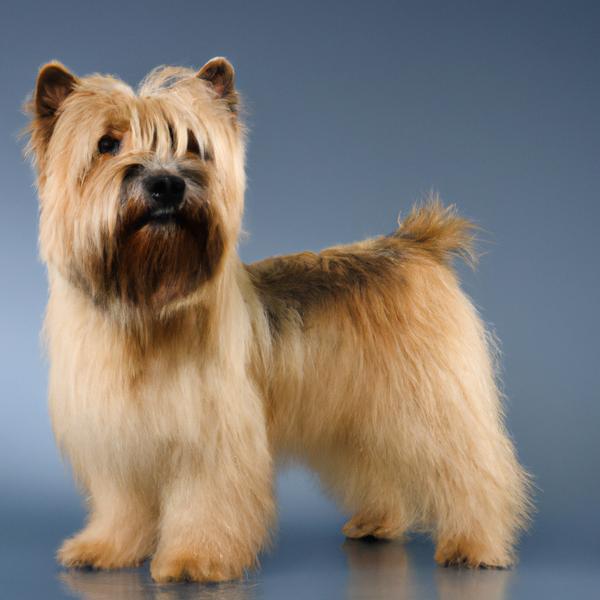
Silkland Terrier
Tibetan Wolfhound vs Silkland Terrier
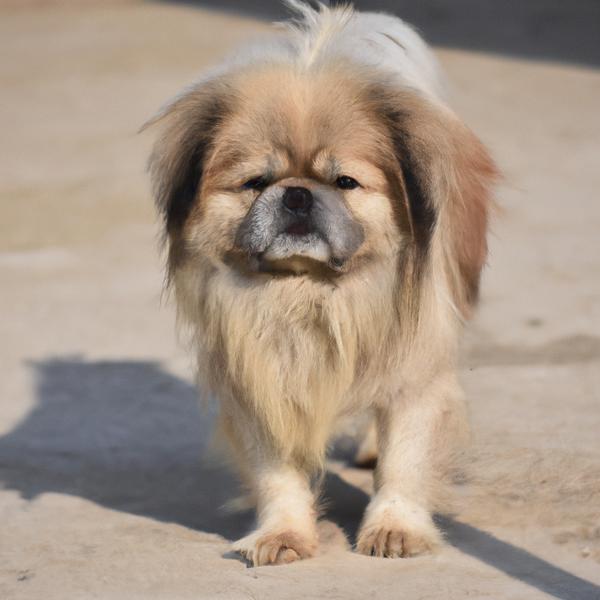
Chinaranian
Tibetan Wolfhound vs Chinaranian
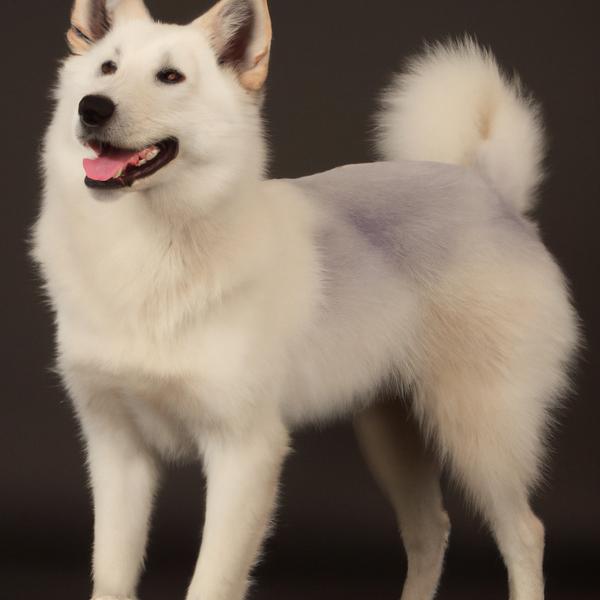
Australian Eskimo
Tibetan Wolfhound vs Australian Eskimo
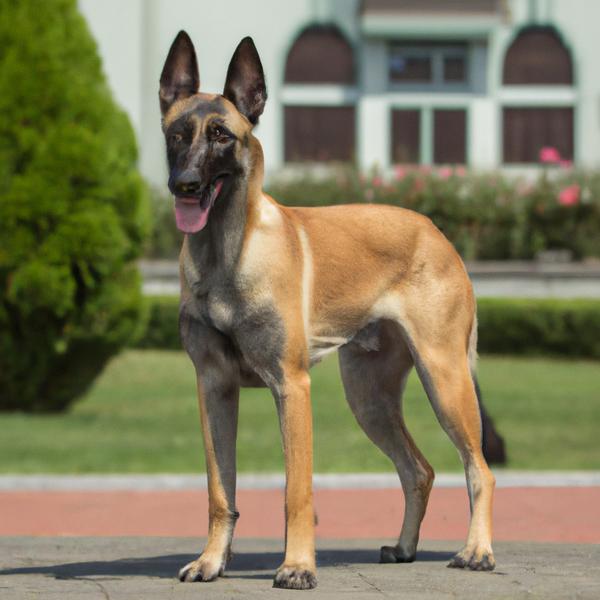
Belgian Malinois
Tibetan Wolfhound vs Belgian Malinois
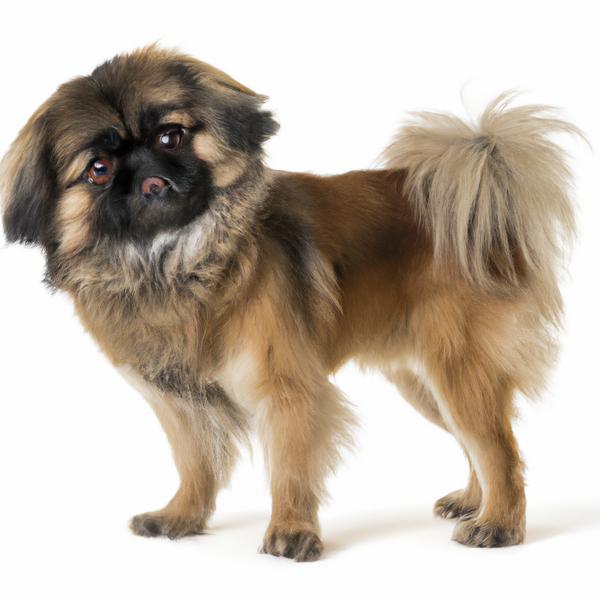
Peke-A-Boo
Tibetan Wolfhound vs Peke-A-Boo
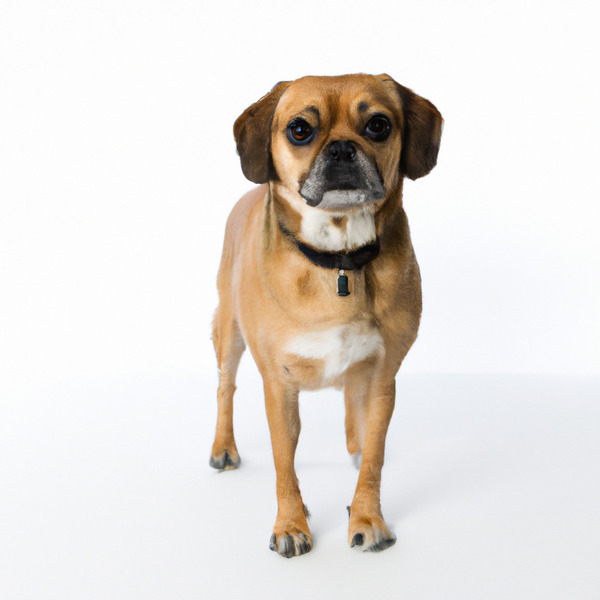
Puggle
Tibetan Wolfhound vs Puggle

Cava-Shell
Tibetan Wolfhound vs Cava-Shell
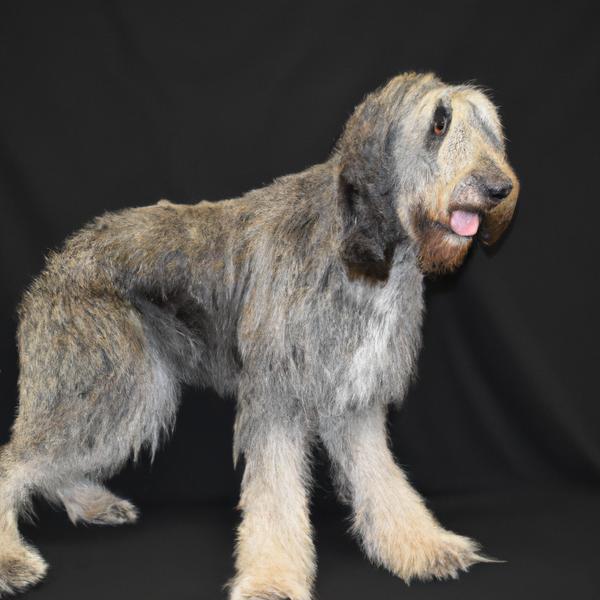
English Coonoodle
Tibetan Wolfhound vs English Coonoodle

Beardoodle
Tibetan Wolfhound vs Beardoodle
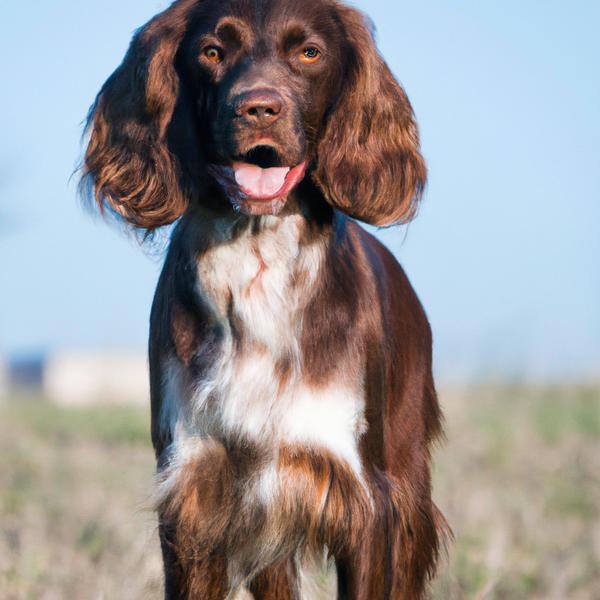
Field Spaniel
Tibetan Wolfhound vs Field Spaniel

Rhodesian Bernard
Tibetan Wolfhound vs Rhodesian Bernard

Pugalier
Tibetan Wolfhound vs Pugalier
